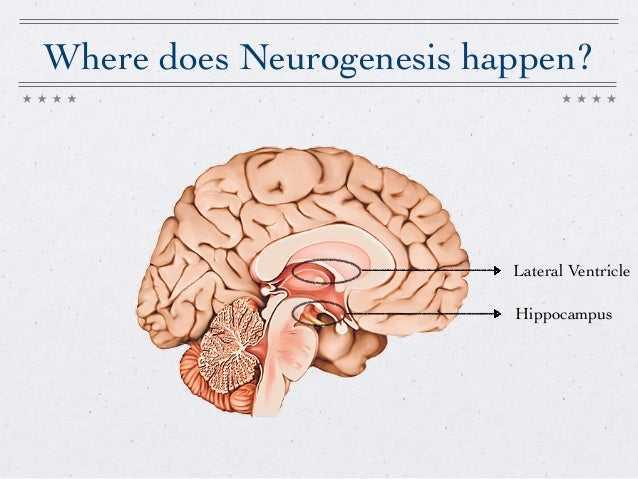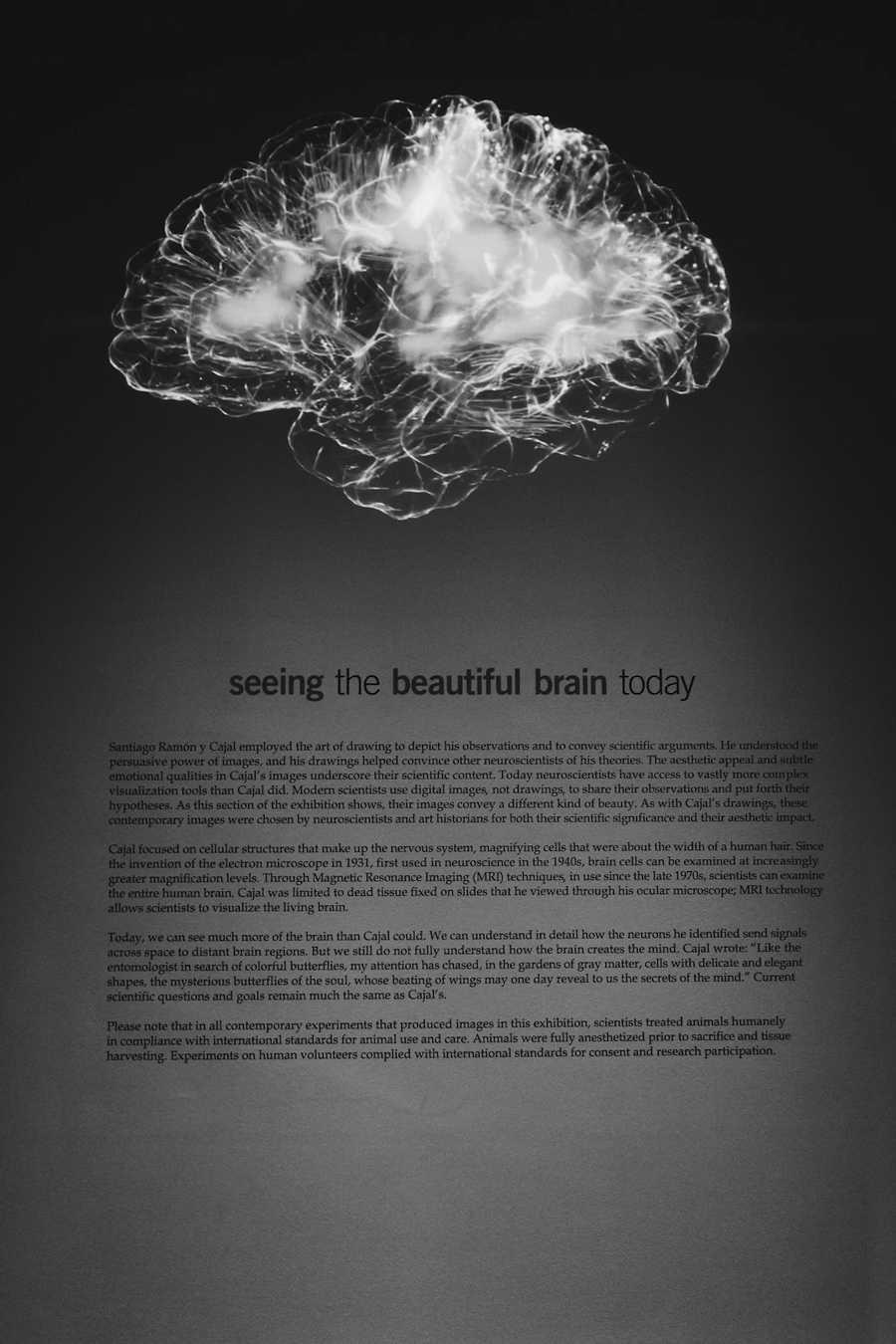The Neuroscience Of Fitness
The neuroscience of fitness, a fascinating intersection of physical activity and brain health, is a rapidly developing area of research. This field explores the profound effects of regular exercise on our brain and nervous system, revealing significant implications for our overall health and quality of life.
One key discovery is the relationship between exercise and neurogenesis – the creation of new brain cells. This primarily occurs in the hippocampus, an area of the brain fundamental to learning and memory.
182
2.77K reads
CURATED FROM
IDEAS CURATED BY
Despite ongoing research, the current evidence underscores the powerful role of physical activity in promoting brain health and cognitive function, emphasizing the importance of integrating regular exercise into our lifestyles.
“
The idea is part of this collection:
Learn more about motivationandinspiration with this collection
How to manage digital distractions
The impact of technology on mental health
The importance of setting boundaries
Related collections
Similar ideas to The Neuroscience Of Fitness
Myth: Brain cells die permanently
We've been long told that adults have only so many brain cells and that we never form new ones and that once these cells are lost, they're gone for good.
However, in recent years, experts have discovered evidence that the statement above isn't true. The human adult brain does indeed still ...
What is neurogenesis?
When new neurons are born from stem cells within the brain, which can then form new circuits. Neurogenesis surprisingly only happens in a few areas in the brain. One area is the hippocampus which needs a lot of new neurons because it encodes
Re-creating events in the mind
The time cells are situated in the hippocampus and another area of the brain involved in navigation, memory and time perception.
The time cells are marking out discrete segments of time within an approximately 30-second window, explaining why people who have damage to the hippocampus m...
Read & Learn
20x Faster
without
deepstash
with
deepstash
with
deepstash
Personalized microlearning
—
100+ Learning Journeys
—
Access to 200,000+ ideas
—
Access to the mobile app
—
Unlimited idea saving
—
—
Unlimited history
—
—
Unlimited listening to ideas
—
—
Downloading & offline access
—
—
Supercharge your mind with one idea per day
Enter your email and spend 1 minute every day to learn something new.
I agree to receive email updates

